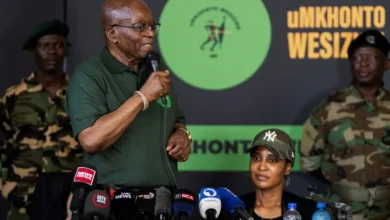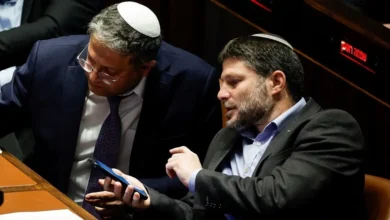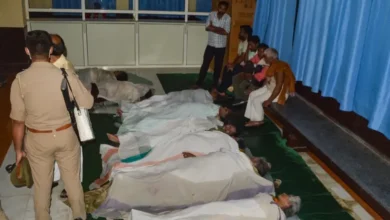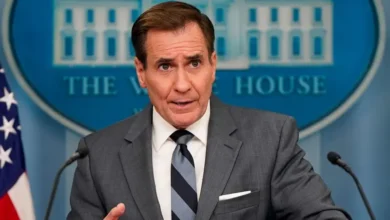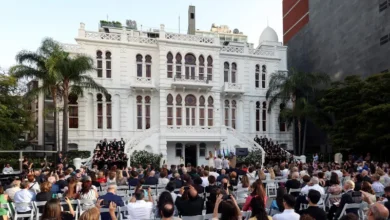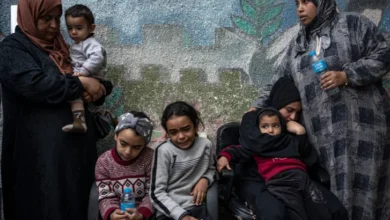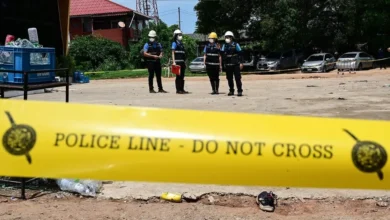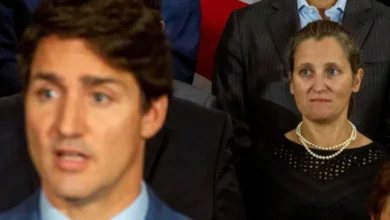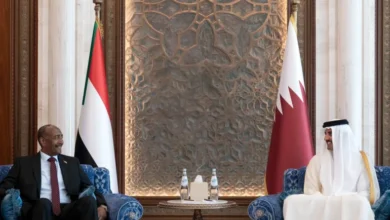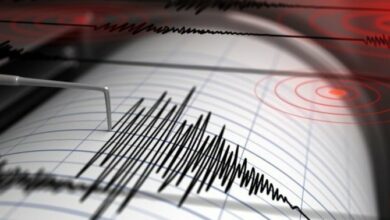IRGC commander suggests Iran may reconsider no-nukes policy amid Israeli threats
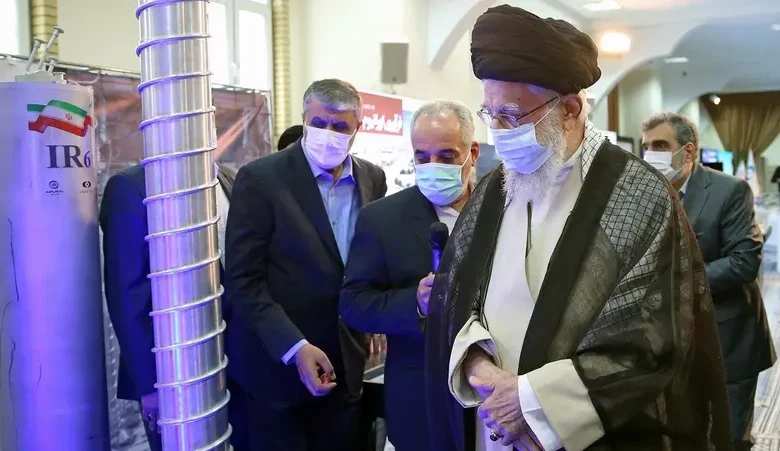
A senior commander of Iran’s Islamic Revolutionary Guard Corps (IRGC) said on Thursday that Tehran could reassess its stance on nuclear weapons amid escalating tensions with Israel.
Ahmad Haghtalab, the commander of the IRGC unit responsible for safeguarding Iran’s nuclear sites, said that Israeli threats against Iran’s nuclear facilities could prompt a review and potential shift in Iran’s declared nuclear policies.
Israeli threats “against Iran’s nuclear facilities make it possible to revise and deviate from the declared nuclear policies and considerations,” the semi-official Tasnim news agency quoted Haghtalab as saying.
Iran has always maintained that its nuclear program, a longstanding source of tension with Western powers, is solely for peaceful purposes.
On April 13, Iran launched hundreds of drones and missiles at Israel in its first-ever direct attack against the country. The attack came in response to a deadly strike on Tehran’s consulate in Syria earlier this month, which the Islamic Republic blamed on Israel.
Iran said its attack was “completely successful,” but Israel said it caused minimal damage after the majority of the projectiles were intercepted.
Israel has vowed to respond to the Iranian attack, and airstrikes against Iran’s nuclear sites are a potential option for Israeli retaliation.
“Through passive defense measures, highly advanced facilities and equipment, as well as the dispersion of our country’s nuclear facilities across Iran’s vast territory, we are ready to face any threat from [Israel],” Haghtalab said.
He said that Iran has identified Israeli nuclear sites and warned that Tehran would retaliate with strikes against those sites should Israel launch an attack on Iran’s nuclear facilities.
“If [Israel] wants to take action against our nuclear facilities, we will respond by attacking its nuclear sites using advanced weaponry,” Haghtalab said.
Despite Tehran’s insistence that its nuclear program is entirely peaceful, a series of statements from Iranian officials in recent years have sparked concerns.
In 2021, Iran’s then-intelligence minister Mahmoud Alavi said that Western pressure might drive Iran towards seeking nuclear weapons.
In 2022, Kamal Kharrazi, a former foreign minister, said that Iran had the ability to develop nuclear weapons but maintained that it had no intention of doing so.
Earlier this year, Ali-Akbar Salehi, former chief of the Atomic Energy Organization of Iran, said that Tehran possessed all the necessary components to build a nuclear weapon.
“What does a car need? It needs a chassis, an engine, a steering wheel, a gearbox – we have made them all, but each one for its own,” Salehi said.
Iran’s Supreme Leader Ali Khamenei holds ultimate authority over the country’s nuclear program.
